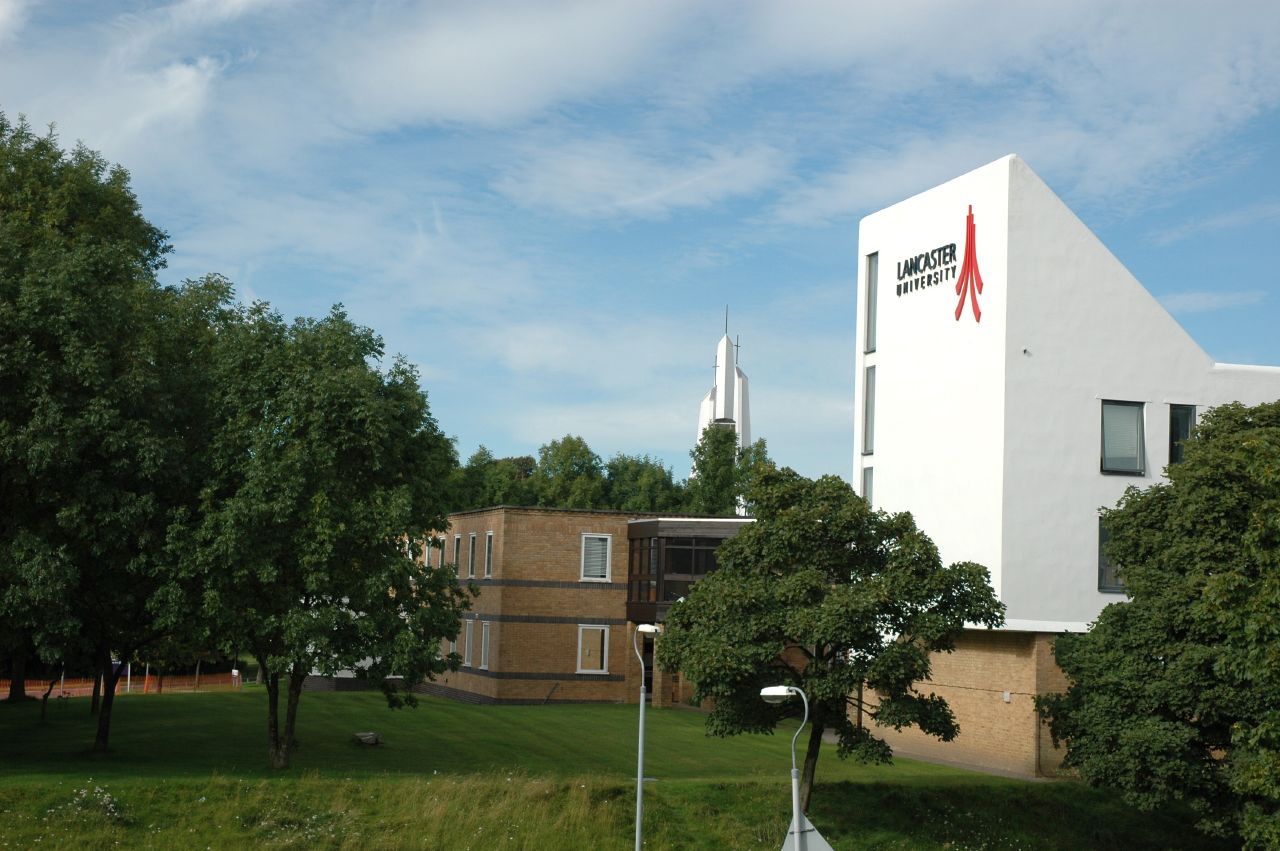Some blogs I follow have a Friday roundup, but a lot seems to happen over over the weekend, and I don't have time to cover it all in full detail. So here's my first Monday roundup:
Corrupt Formula 1 - I'm not an F1 fan, and this is part of the reason why. Call me naive, but I thought the point of a competitive race was to see who comes across the line first, with all competitors having given their all to do so. Shame on Ferrari!
Howzat - There's an inherent risk involved in watching a cricket match live. If the batsman has a real heave, it's possible that you could be struck by the ball, wherever you are in the crowd. A couple of cricket fans at a Sussex game must have wondered what was going on when they saw a meteorite hurtling out of the sky in their direction! It landed just in front of them, and no-one was injured.
RIP Hurricane Higgins - After a battle with cancer, Alex Higgins has died. Snooker is a game where the exceptional characters stand out, and Higgins was one of these. I remember watching snooker on my grandparents' TV on a Saturday afternoon, and even as a child, I could see that Higgins had something extra. Why does it seem to be that the brightest stars in our culture are often troubled in their private lives?
BBC News app - I've been waiting for this for a long time, and finally it's here. I have to say, though, I'm not convinced. Of course, it's slick and quick, and I do like the streaming live news, but the selection of stories is too restrictive for my tastes. I like to ferret around on the BBC news website, so only being presented with the top stories isn't quite what I want. This is why I don't regularly watch TV news - it's too filtered.
Royal Flickr stream - You can't accuse the British Monarchy of not engaging with new media, and I think this Flickr stream is a good innovation for an institution that is seeking to maintain public support. Maybe the CofE should take note. I'm not suggesting a Synod Flickr stream or anything, but we don't see much like this from the CofE - another institution seeking to maintain public support.
CofE app - h/t to the Church Mouse for this one. Having just criticised the CofE for not engaging with the internet and new media, they have issued a new app called
myDiocese. It's a good start, and it has the much requested daily prayer feed (thankyou!). I have, however, had contact with the developers over the formatting of the offices - they aren't very legible at the moment due to the formatting inherited from the CofE feed. I'm assured that they are working on this, so I'll look out for an update. The app is being developed by the folks behind the methodist app I have
mentioned earlier. This is a good start, and I hope they continue to work on it.
Fame for Newport - If you haven't already seen the internet phenomenon about Newport, you have to go and look. h/t to the whole internet community for this one - it's everywhere, and I can't list all of the places I've seen it!



